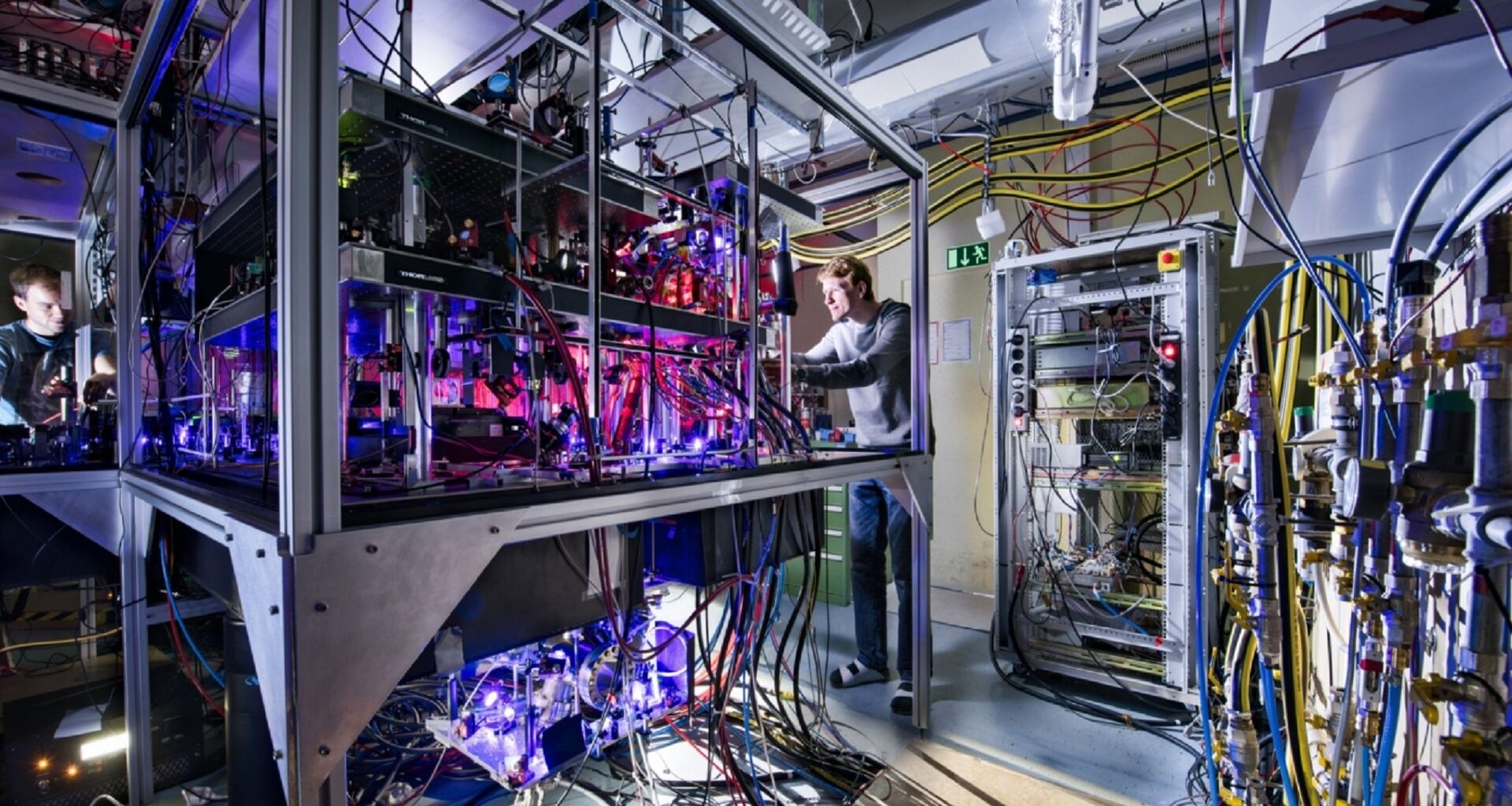A research team in Germany has achieved a stunning theoretical breakthrough that could reshape one of physics’ oldest foundations after demonstrating that the no longer holds true for objects on the atomic scale.
Their findings, made by Eric Lutz, PhD, a physics professor and Milton Aguilar, PhD, a postdoctoral researcher at the University of Stuttgart, show that quantum systems can exceed efficiency limit defined by the Carnot principle.
The law, which was developed by French physicist Nicolas Léonard Sadi Carnot in 1824, is a central law of thermodynamics that has remained unchallenged for two centuries
It states that all heat engines operating between the same two thermal or heat reservoirs can not have efficiencies greater than a reversible heat engine operating between the same reservoirs.
“Our results provide a unified formalism to determine the efficiency of correlated microscopic quantum machines,” the two physicists stated.
Breaking thermodynamic limits
According to the researchers, Carnot determined the maximum efficiency of heat engines. He developed his principle, the second law of thermodynamics, for large, macroscopic objects, such as steam turbines.
“However, we have now been able to prove that the Carnot principle must be extended to describe objects on the atomic scale – for example, strongly correlated molecular motors,” the researchers stated.
However, while Carnot showed that the greater the difference between hot and cold, the higher the maximum possible efficiency of a heat engine, the principle neglects the influence of so-called quantum correlations.
 Eric Lutz, PhD, (right) and Milton Aguilar, PhD, (left) have gained new insights into the maximum efficiency of very small heat engines.
Eric Lutz, PhD, (right) and Milton Aguilar, PhD, (left) have gained new insights into the maximum efficiency of very small heat engines.
Credit: University of Stuttgart / Institute for Theoretical Physics I
Contrary to previous understandings the two researchers discovered that once you enter the quantum realm, where particles become correlated, interacting in ways that defy classical physics, the Carnot efficiency limit begins to crumble.
“These are special bonds that form between particles on a very small scale,” they said. “For the first time, we have derived generalized laws of thermodynamics that fully account for these correlations.”
Their results indicate that thermal machines functioning at the atomic scale are capable of converting not only heat but also correlations into usable work. What’s more, these systems can generate more output, allowing the efficiency of a quantum engine to exceed the conventional Carnot limit.
Redefining quantum physics
As per the researchers, the results deepen the world’s knowledge at the atomic level. It additionally offers new paths towards ultra-efficient quantum engines and nanoscale technologies.
“Tiny motors, no larger than a single atom, could become a reality in the future,” Lutz elaborated in a press release. “It is now also evident that these engines can achieve a higher maximum efficiency than larger heat engines.”
They believe that the better scientists understand the physical laws governing these tiny dimensions, the sooner humanity can harness them to build the technologies of tomorrow. These, among others, include ultra-efficient quantum motors capable of performing precise tasks at the nanoscale.
“Perhaps one day such motors will power medical nanobots or control machines that process materials at the atomic level,” the two researchers concluded. “The potential is enormously diverse.”
The study, titled “Correlated quantum machines beyond the standard second law,” has been published in the journal Science Advances.

